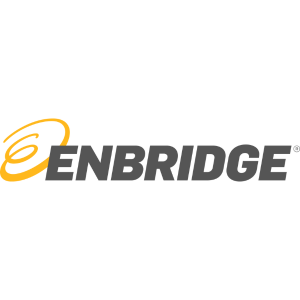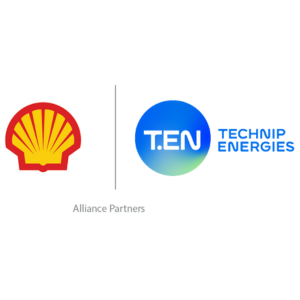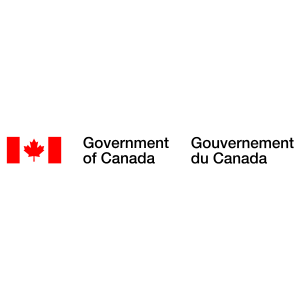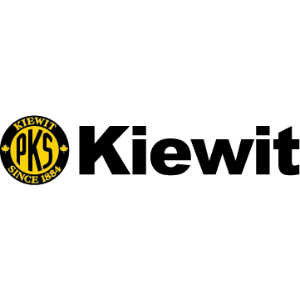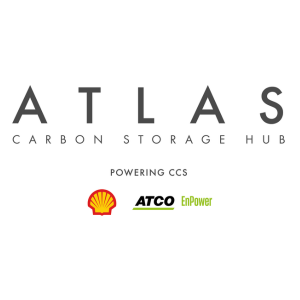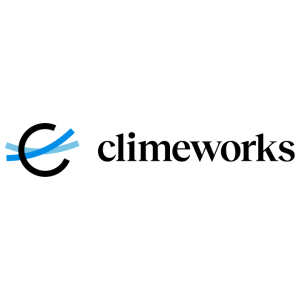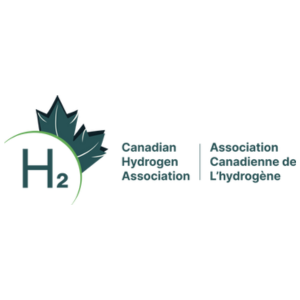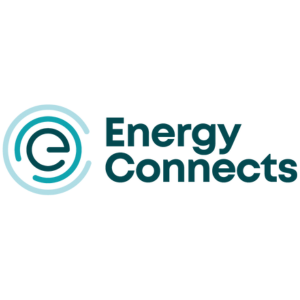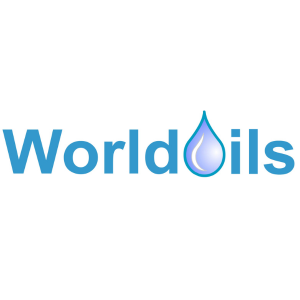Canada's National CCUS Convention
September 23-25, 2025
Edmonton Convention Centre | Edmonton, Alberta
-
EXHIBITION
EXHIBITION
Carbon Capture Canada highlights the leading pioneers and innovators in carbon capture and storage (CCS), serving as a pivotal platform for transformative cross-sector collaborations.
-
CONFERENCE
CONFERENCE
The strategic conference will highlight policy frameworks, investment opportunities, and large-scale projects that position Canada as a key player in the global CCUS market. With international delegations and industry leaders participating, discussions will explore cross-border collaborations, emerging technologies, and lessons from global CCUS initiatives.
Learn more -
KNOWLEDGE BARS
KNOWLEDGE BARS
The knowledge bars at Carbon Capture Canada will be dedicated areas where knowledge exchange occurs between customers, clients, and attendees. The open presentation style will have industry leaders covering a variety of technical topics relevant to Carbon Capture Utilization & Storage.
Learn more -
WORKSHOPS
WORKSHOPS
Gain hands-on experience and practical insights in carbon capture, utilization, and storage. These interactive workshops connect industry leaders, innovators, and professionals to explore proven strategies and real-world solutions driving Canada’s low-emissions future. Join us to sharpen your skills and lead the way in CCUS innovation.
Learn moreAbout Carbon Capture Workshops- Workshop 1: Plant Design & Simulation with ProTreat (Optimized Gas Treating Inc. & ChemProcess Consulting & Services)
- Workshop 2: What Happens to the CO2 After it's Captured? (CMG)
- Workshop 3: Measuring GHG Emissions - An Introduction to Life Cycle Assessment and Carbon Accounting (NAIT Corporate and Continuing Education)
-
AWARDS
AWARDS
The Carbon Capture Canada Awards shines a spotlight on excellence in the CCUS industry here in Canada and around the world. The Awards recognizes and celebrates leaders, innovators and trail blazers accomplishments over the last 12 months in 8 categories who have been at the forefront in leadership, innovation, sustainable solutions and promoting the healthy advancement of the CCUS sector.
Learn more -
NETWORKING & SPECIAL FEATURES
NETWORKING & SPECIAL FEATURES
Make the most of your time at Carbon Capture Canada with unique opportunities to learn, connect, and explore. Build valuable industry relationships at the Industry Night Reception and Women in CCUS Networking Event, or join exclusive site tours and the Direct Air Capture Discovery Zone for hands-on insights. Recharge between sessions in the Rest & Recharge Zone and stay energized at our Grab & Go Stations. These experiences complement the conference program and exhibition hall, creating a dynamic environment for knowledge sharing and collaboration.
Learn more -
MEDIA
MEDIA
The C3 Interview Series by Carbon Capture Canada offers exclusive insights from leading experts in the field of carbon capture, utilization, and storage (CCUS). Featuring in-depth discussions with industry leaders like Neil Wildgust, President & CEO of Carbon Management Canada, and Breanne O’Reilly, VP of Business Development & Strategic Initiatives at the International CCS Knowledge Centre, the series delves into the latest innovations and strategies shaping the future of carbon capture technology.
-
VISIT
VISIT
The three-day event will be comprised of an exhibition and conference taking place from September 23-24, 2025, and a site visit to facility tours on September 25.
Learn more







